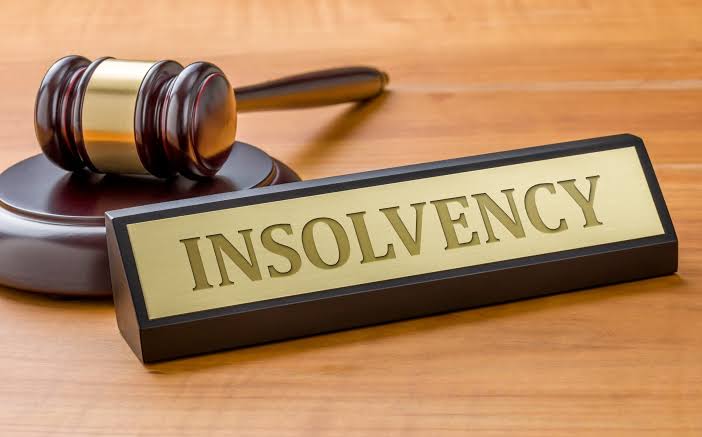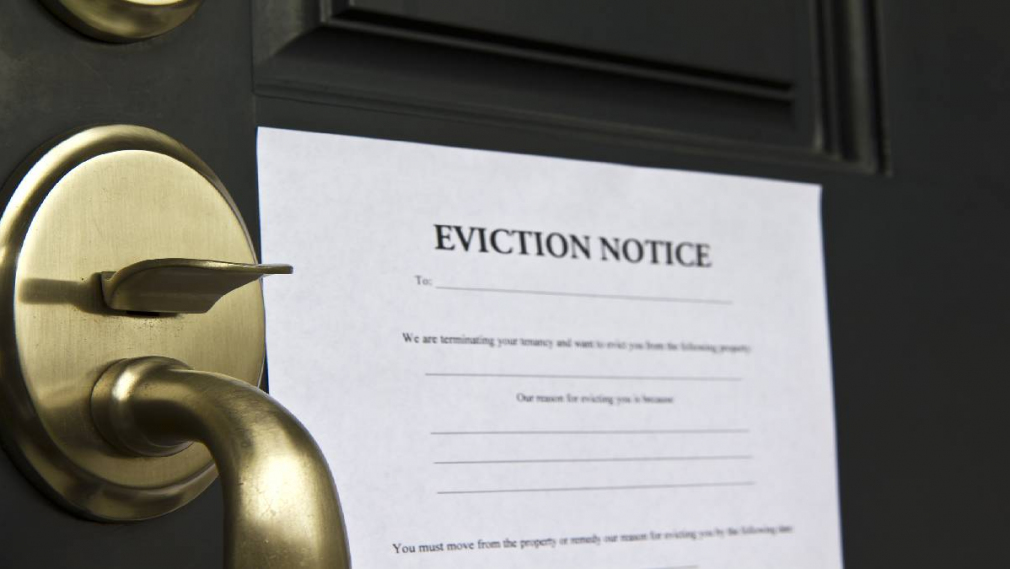
The world is facing unprecedented environmental challenges, from climate change and deforestation to pollution and biodiversity loss. In response, international environmental law has emerged as a critical framework for addressing these global issues.
What is International Environmental Law?
International environmental law refers to the body of laws, treaties, and agreements that govern the relationship between human societies and the natural environment. This field of law aims to promote sustainable development, protect the environment, and ensure that environmental issues are addressed in a coordinated and effective manner.
Key Principles of International Environmental Law
1. Sovereignty: States have the right to exploit their natural resources, but this right is balanced by the duty to protect the environment.
2. Cooperation: States are encouraged to cooperate in addressing environmental challenges that transcend national borders.
3. Sustainable Development: International environmental law aims to promote sustainable development, which balances economic, social, and environmental considerations.
4. Precautionary Principle: This principle requires states to take preventive measures to avoid environmental harm, even if the harm is not yet fully understood.
Major International Environmental Agreements
1. United Nations Framework Convention on Climate Change (UNFCCC): This treaty aims to stabilize greenhouse gas concentrations in the atmosphere and mitigate the impacts of climate change.
2. Convention on International Trade in Endangered Species of Wild Fauna and Flora (CITES): This treaty regulates the international trade in endangered species to ensure their survival.
3. Basel Convention on the Control of Transboundary Movements of Hazardous Wastes and Their Disposal: This treaty aims to prevent the dumping of hazardous waste in developing countries.
4. Convention on Biological Diversity (CBD): This treaty aims to conserve and sustainably use the world’s biodiversity.
International Organizations and Environmental Governance
1. United Nations Environment Programme (UNEP): UNEP is the leading global environmental authority, providing guidance and support to countries in addressing environmental challenges.
2. World Wildlife Fund (WWF): WWF is an international organization that works to conserve nature and reduce the most pressing threats to the diversity of life on Earth.
3. International Union for Conservation of Nature (IUCN): IUCN is the world’s largest and most diverse environmental network, working to conserve and protect the natural world.
Challenges and Opportunities
Despite the progress made in international environmental law, significant challenges remain. These include:
1. Implementation and enforcement: Many international environmental agreements lack effective implementation and enforcement mechanisms.
2. Climate change: Climate change remains one of the most pressing environmental challenges, requiring urgent and collective action.
3. Biodiversity loss: The loss of biodiversity continues to accelerate, threatening the health of ecosystems and human societies.
Conclusion
International environmental law plays a critical role in addressing the world’s most pressing environmental challenges. While significant progress has been made, much work remains to be done. As the world continues to grapple with environmental challenges, international environmental law will remain an essential tool for promoting sustainable development and protecting the natural world.
Copyright ©️ The Lawyer Daily | Pereira Oluwabimpe Miracle





